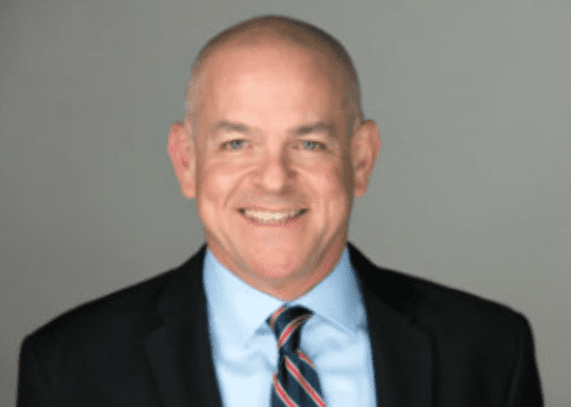Republished with permission from Cannabis News Florida
We are several years into Florida’s medical cannabis program. Patients and medical marijuana treatment centers are not being prosecuted. Further, we do not see other major setbacks for the medical professionals who were the first to enter into the cannabis industry. Now, many physicians are considering whether to become a “qualified physician” . The QP has the right to “issue a physician certification” authorizing “a qualified patient to receive marijuana and a marijuana delivery device from a medical marijuana treatment center.” These are all terms defined in a single law, Florida Statute §381.986, entitled “Medical use of marijuana”. Here are some tips to help physicians make an informed decision as to whether to become a QP:
1) Understand your risk tolerance. If you are the type of doctor who worries a lot about liability, receivables, or landlords then you have to consider marijuana’s continued Schedule 1 status under the Controlled Substances Act. Under federal law, this whole industry remains illegal. If you are going to worry about the government knocking on the door, letters from the DEA, etc., then you may want to stay away from this industry.
2) Understand the stigma. As a professional, you will be viewed differently by your colleagues and patients. Certain colleagues will, indeed, think of you a pusher or racketeer. You may have to discuss this with family and friends. You will have to discuss these issues with staff. Some of your “regular” patients may think negatively about your efforts. If you decide to become a QP then you have other business issues to decide. Should you open a separate office and what hours should you be open to expand the QP business? Should there be any stigma about this healing plant? Of course not. Is there any stigma remaining to cannabis. The short and long answer is “Yes”.
3) Understand real estate documents and title issues. Do not feel comfortable simply because you are, or will be, operating under a valid commercial lease. There are state and federal issues which may impact your QP business. First, many commercial leases have clauses which require compliance with all laws, which include compliance with federal law. Also, even if you are in an outparcel or a single lot, the underlying real property may be subject to, and bound by, deed restrictions You should discuss with counsel these issues to determine whether you need to obtain your landlord’s permission to operate as a QP before you execute a lease, or to secure an addendum expressly permitting the operation if you’re planning to qualify patients from within your existing practice. Counsel will also review with you any deed restrictions, to negate the possibility of an adjoining property owner filing suit against you and your landlord and obtaining an injunction to close down your medical practice. Avoid a trap and discuss these considerations with your attorney.
4) Understand Cannabis. You are a physician and patients are paying a premium cost, out of pocket, for relief from some miserable disease or condition. As any doctor seeing a patient with a serious condition should do, become knowledgeable. Know the distinction between hemp and marijuana. Know the distinction between THC and CBD, and know about the entourage effect. Know your ratios and their effects. Know “delivery devices”. Learn as much as possible about cannabis. Remember, you are providing a great service to suffering patients who are ready and willing to pay for relief. Provide great value to your patients. Gain knowledge. Attend seminars. Join practitioner peer groups. These patients pay cash and visit often, they deserve your best.
5) Understand your patients’ knowledge. Most likely, you did not learn about cannabis in medical school. The federal government will not allow validated studies. There is no U.S. medical literature that will provide you with information necessary to start a QP business and which will permit you to provide value to your patients. There are only two guaranteed ways to gain that knowledge; either learn from your patients or from your experience, because you are a patient, yourself. Your experienced patients will tell you more than you will ever need (or want), to know. This may feel awkward because it may feel like a role reversal. Since any cannabis use is idiosyncratic to not only that patient, but that patient on a given day, the best knowledge you can impart to your patients will be from receiving significant and copious patient feedback beyond your personal experience and using their experiences to help guide other patients.
Hopefully, considering these tips will assist those physicians considering the cannabis opportunity.
Michael Liss, Esq., ml@integritycounselpa.com, located in Boca Raton.







Comments are closed.